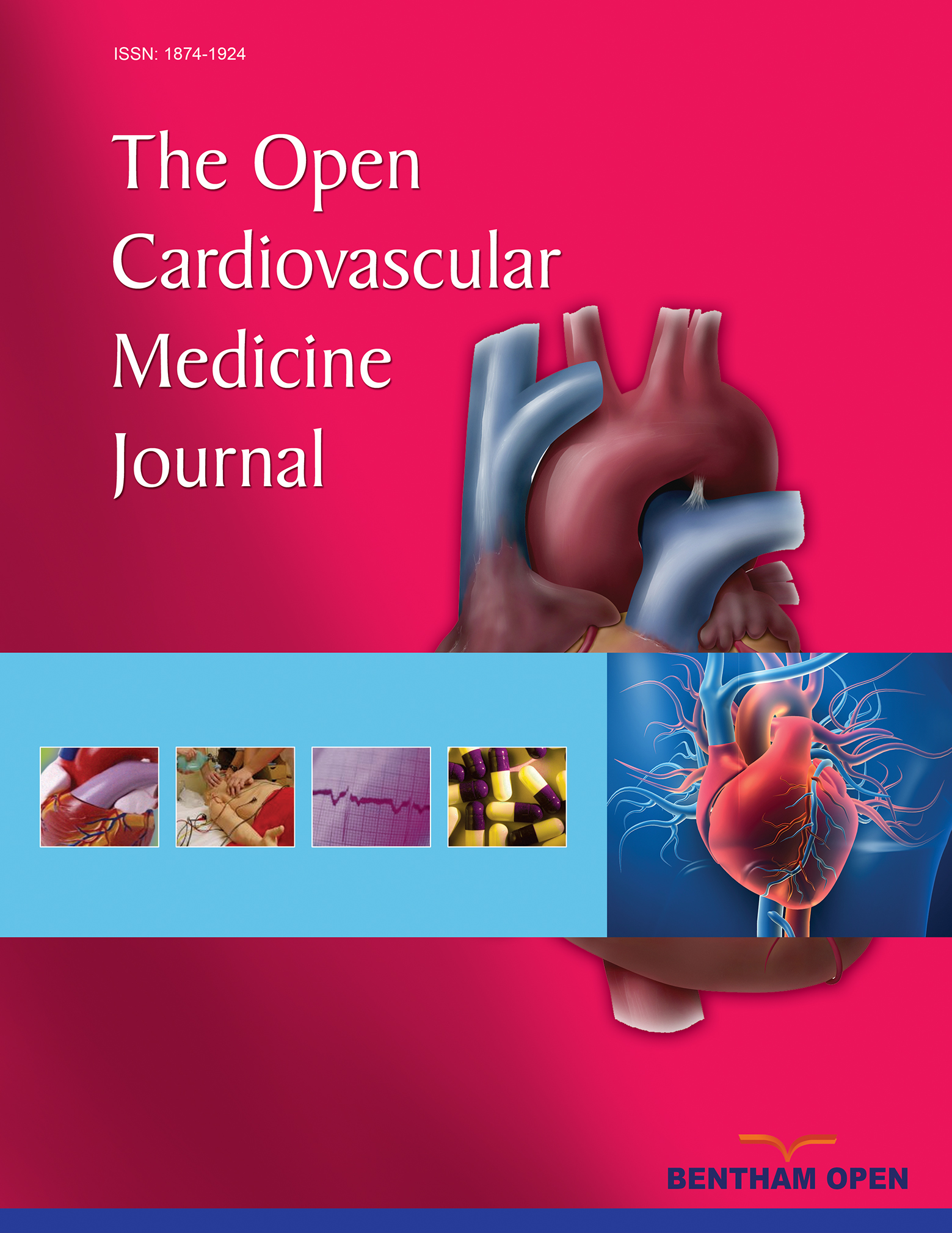Testosterone and Cardiovascular Disease
Abstract
Cardiovascular disease [CVD] is a leading cause of mortality accounting for a global incidence of over 31%. Atherosclerosis is the primary pathophysiology underpinning most types of CVD. Historically, modifiable and non-modifiable risk factors were suggested to precipitate CVD. Recently, epidemiological studies have identified emerging risk factors including hypotestosteronaemia, which have been associated with CVD. Previously considered in the realms of reproductive biology, testosterone is now believed to play a critical role in the cardiovascular system in health and disease. The actions of testosterone as they relate to the cardiac vasculature and its implication in cardiovascular pathology is reviewed.


